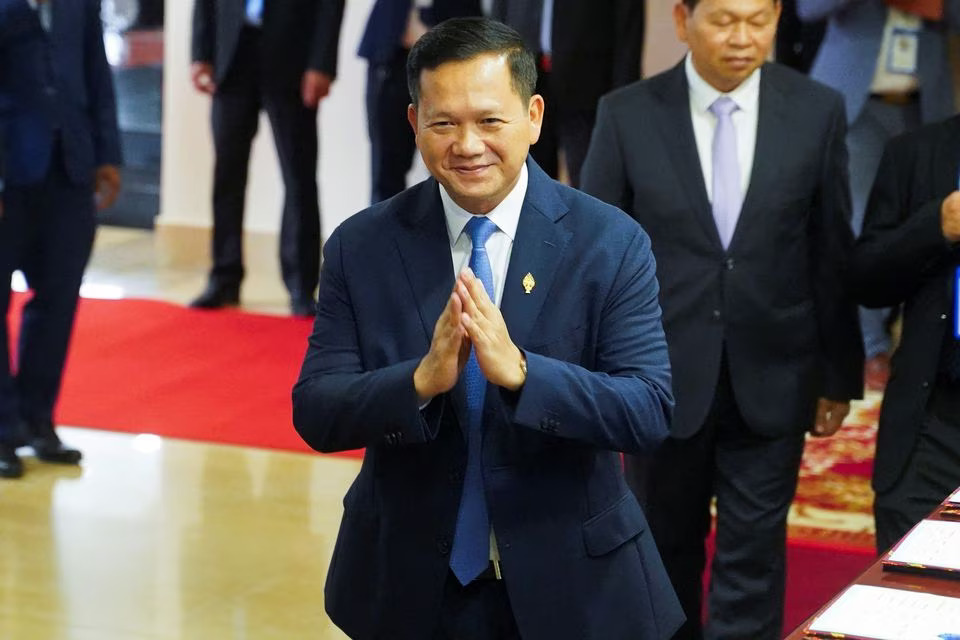
Phnom Penh, Cambodia – The 2023 general election in Cambodia saw the Cambodian People’s Party (CPP) secure a landslide victory, extending its decades-long hold on power. The CPP, led by Prime Minister Hun Sen, has been the dominant political force in Cambodia for decades. The party has consistently maintained its grip on power through a combination of political maneuvering, media control, and the suppression of opposition voices.
In the July polls, the CPP achieved a significant electoral victory by securing a remarkable 120 out of the total 125 seats available in the lower house of parliament. However, this electoral outcome garnered extensive criticism on the grounds of its perceived lack of legitimacy, primarily stemming from the decision to exclude the primary opposition party from participating in the race.
In a politically charged atmosphere, Cambodia’s Parliament convened in August to set the stage for Hun Sen’s eldest son, Hun Manet, as the next prime minister. Hun Manet, a 45-year-old Lieutenant General in the Royal Cambodian Armed Forces and the eldest son of Prime Minister Hun Sen has long been considered a potential successor to his father.
Opposition lawmakers who have faced mounting pressure and legal restrictions in recent years expressed concerns about the fairness and transparency of the nomination process. They argued that Hun Manet’s nomination is merely a continuation of the dynasty politics that have characterized Cambodia for decades.

There exists a significant dearth of information regarding Hun Manet’s prospective vision for Cambodia, a nation with a population of approximately 16 million individuals. A substantial majority of the population have experienced political leadership exclusively under the authority of his father, Prime Minister Hun Sen, throughout their lives.
Prominent global powers will be vigilant in observing Hun Manet’s governance. His decision whether to perpetuate the current authoritarian status quo or opt for a path leaning toward increased liberalization and the adoption of Western-style democratic principles will be reviewed.
The prospect of immediate democratic reforms appears slim. Such changes may necessitate relinquishing a degree of the CPP’s dominance over crucial independent institutions and reopening the political arena to opposition parties and trade unions.
Despite the change in leadership, experts assert that Hun Sen will retain considerable influence and authority. He is set to continue as the leader of the ruling CPP and has expressed his intention to assume the positions of Senate Head and Supreme Council of the King’s leader.
Cambodia’s 2023 election and the subsequent rise of Hun Manet underscore the enduring dominance of the CPP. The nation stands at a pivotal crossroads, with questions surrounding the path ahead – whether it will embrace democratization or remain entrenched in authoritarianism. Hun Sen’s continued presence looms large, leaving observers worldwide to closely monitor Cambodia’s political evolution in the years to come.

About the Author
Sayyid Muhammad Jundullah, often goes by Jundi, is a writer at AYO Post. He is an enthusiastic and value-driven full-time learner with strong passion in human rights and development. Growing up as a map geek, he has a dream to explore the world he’s living in. He loves to write and think, and enjoys the company of good friends in his leisure time.